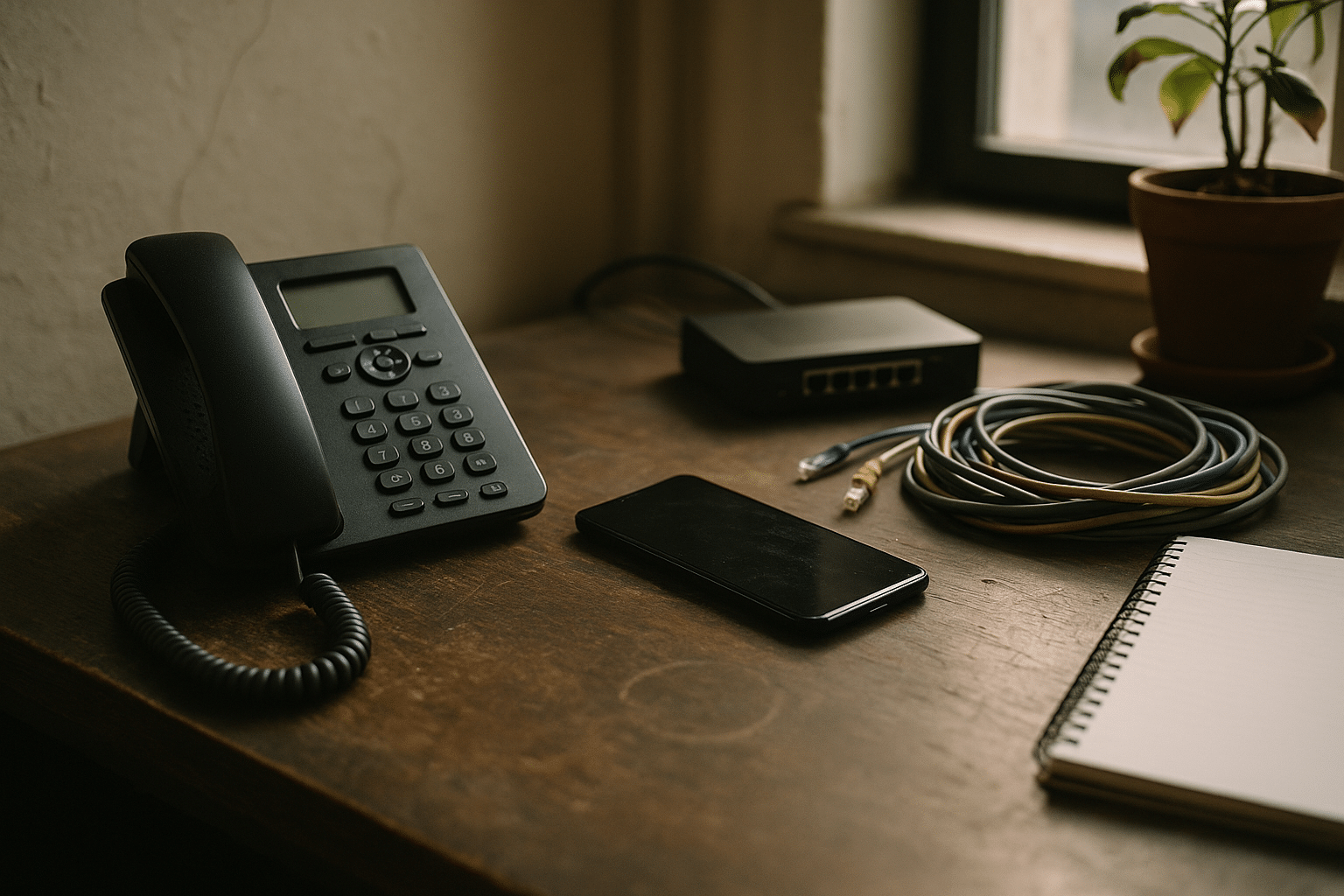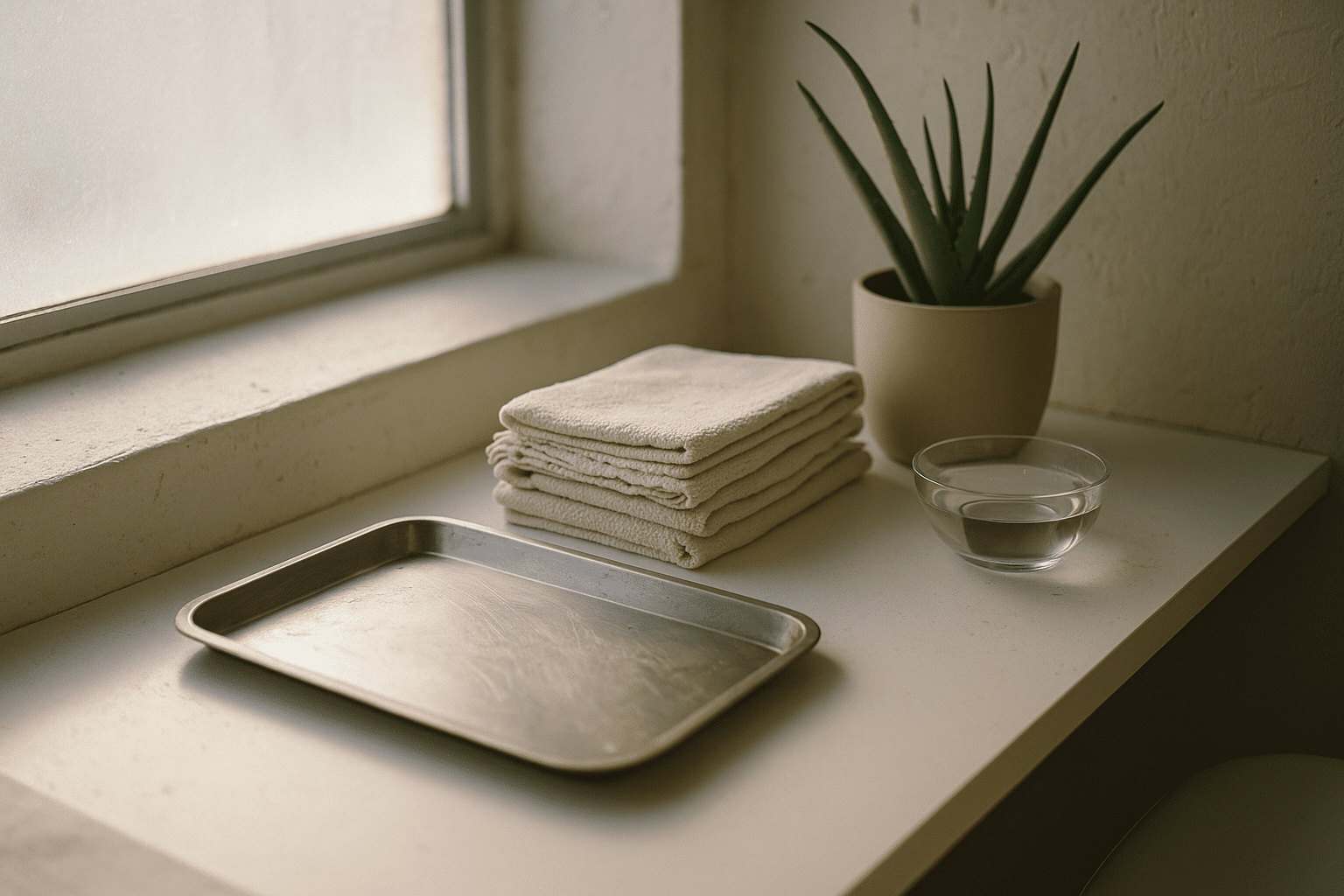
Understanding the Benefits of Group Workouts
Group workouts are more than just a trend; they’re a powerful way to boost motivation, enhance fitness, and build a sense of community. Whether you’re a seasoned athlete or a fitness novice, understanding the benefits of exercising together can transform your approach to health and wellness.
Group workouts offer a dynamic environment that can greatly enhance your fitness journey. The shared energy and camaraderie of a group setting can be incredibly motivating. A study published in the Journal of Social Sciences found that people who exercise in groups tend to stick with their fitness routines longer than those who go it alone. This social aspect can be a game-changer for those struggling to maintain consistency.
The Social Dynamics of Group Workouts
Working out with others not only provides motivation but also adds an element of accountability. When you know others are counting on your presence, you’re less likely to skip a session. Additionally, group workouts often foster friendships, creating a supportive network that encourages personal growth and fitness achievements.
Expert Insights
According to Dr. Kelly McGonigal, a health psychologist and author, “Exercise is one of the most effective ways to improve mental health. When done in a group, the benefits can be even greater.” This highlights how group workouts can enhance not just physical health, but mental well-being too.
Variety and Fun
Group workouts often include diverse activities, from cycling classes to yoga sessions, keeping your fitness routine exciting and engaging. This variety can prevent boredom and keep you motivated to push your limits.
Personal Anecdotes
Consider the story of Mark, who joined a local boot camp class. Initially hesitant, he found himself enjoying the varied exercise routines and the encouragement from fellow participants. Over time, Mark noticed improvements not only in his physical fitness but also in his confidence and social skills.
Actionable Tips for Joining Group Workouts
- Start with a beginner-friendly class to ease into group workouts.
- Invite a friend to join you for added motivation.
- Set specific goals for what you want to achieve in each session.
Comparison of Group vs. Solo Workouts
| Aspect | Group Workouts | Solo Workouts |
|---|---|---|
| Motivation | High | Variable |
| Accountability | Strong | Weak |
| Variety | Extensive | Limited |
| Social Interaction | High | Low |
| Flexibility | Moderate | High |
| Cost | Varies | Low |
| Skill Development | Guided | Self-led |
| Enjoyment | Fun and engaging | Depends on preference |
Frequently Asked Questions
Are group workouts more effective than solo workouts?
Group workouts can be more effective for those who thrive on social interaction and accountability. They provide motivation and variety that can enhance adherence to a fitness routine.
What if I’m not very social?
Even if you’re not naturally social, group workouts can offer a low-pressure environment to gradually build confidence and social skills over time.
Can I lose weight with group workouts?
Yes, group workouts can be effective for weight loss, especially when combined with a balanced diet. The camaraderie and accountability can help you stay on track with your fitness goals.
Conclusion
Group workouts provide an excellent opportunity to enhance both physical and mental health while fostering community and motivation. By understanding and embracing the benefits of exercising with others, you can transform your fitness journey. So why not give it a try? Join a class, make new friends, and experience the power of group synergy in your workouts.


